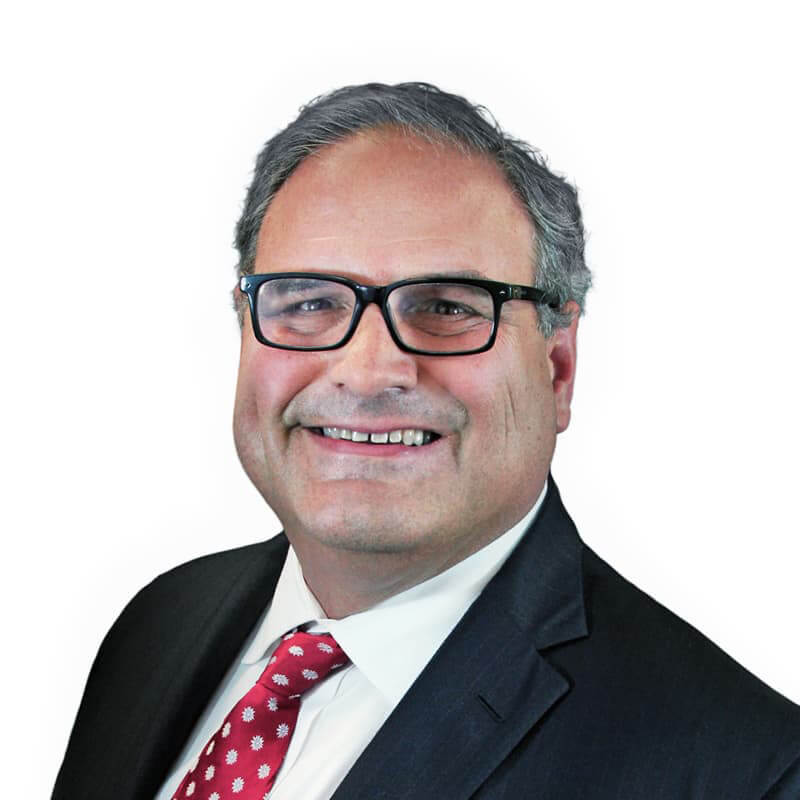
As commonly represented in media headlines, the millennial generation is infamous for eschewing the ways of previous generations (Millennials are killing cereal!; Millennials are killing bar soap!; Millennials are killing basic human decency, kittens and puppies too!). Then it should come as no surprise that millennials are also investing differently.
According to ThinkAdvisor, millennials–individuals born between the years 1981 and 1996 (ages 23 to 38 in 2019)–will inherit $30 trillion in assets over the next 30 to 40 years. What’s more, Millennials are expected to overtake Baby Boomers as America’s largest generation in 2019. These figures underline the importance of the millennial generation for the future of the financial services industry.
So, what do millennials want?
Generally, millennials are overly cautious about investing. This is understandable, since they were coming of age or growing up during the Great Recession in the late 2000s. Because of this anxiety, financial professionals should focus on finding ways to effectively communicate the benefits of investing and the necessity of some risk.
According to Deloitte, millennials’ hesitance to trust traditional financial products means they have put more of their money into physical assets, cash, or simple and straightforward investment vehicles. Also, millennials are more likely to consult their friends, family, and even the media rather than put their sole trust in the advice of financial professionals.
Their discomfort and overall lack of experience with investing means it’s up to financial professionals to put them at ease. Face to face meetings, educational materials, and a solid financial plan will go a long way in ensuring millennials will trust professionals to invest their money in the stock market.
Millennials and retirement
While the conservative investing habits of millennials may seem like the safest way to go about saving, this conservatism may be hurting their ability to meet their retirement goals. According to Forbes, the S&P 500 averaged a 7.92% return from January 2007 to December 2017 (adjusted for inflation and with dividends reinvested) while the average annual return for money market bank accounts has remained below .4% for the past eight years. Millennials who are avoiding the stock market because of risk may be losing out on these increased returns.
Risk is an inherent part of investing and preparing for retirement, and it’s important for financial professionals to communicate the role risk plays in a successful financial plan.
Sustainability
Environmentally and socially conscious, millennials’ appreciation of sustainability extends to their investments. According to a survey from TD Ameritrade, millennials are more likely to invest according to their morals than any other generation. That means they want to know that the companies they’re investing in are treating their employees well and are mindful about the environment.
One helpful measure of corporate responsibility is the United Nations’ Sustainable Development Goals–a set of goals concerned with poverty, inequality and climate change. Furthermore, the New York Stock Exchange published the Principles of Responsible Investing (PRI) that integrates environmental, social, and governance criteria into financial analysis and decision making. These may be useful resources for professionals looking to meet the expectations of mindful millennials.
For more financial information, follow NEXT Financial Group, Inc. (NEXT) on Facebook and LinkedIn and subscribe to this blog at the right-hand side of the page.
https://www.thinkadvisor.com/2019/01/25/how-will-millennials-invest-their-new-wealth/






